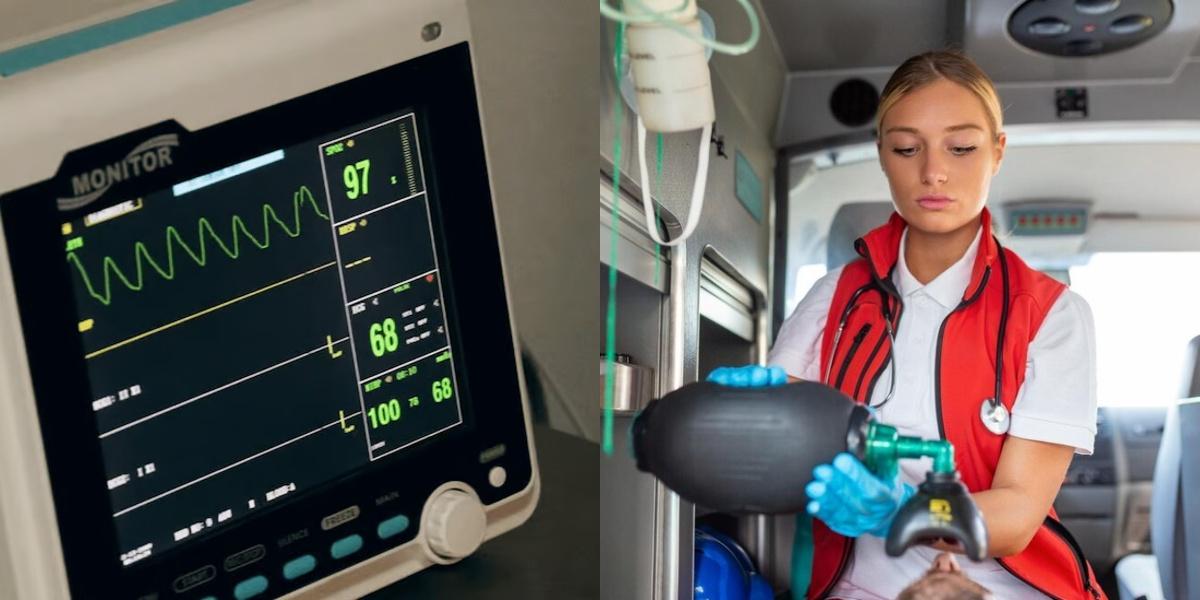EKG vs Emergency Medical Technician

Key Points:
- EKG technicians focus on recording heart activity; EMTs provide emergency medical care and transportation.
- EKG technicians typically earn less than EMTs.
- EMT jobs are more prevalent, as they are needed in various healthcare settings, while EKG technicians work primarily in hospitals and clinics.
- EKG technicians often require a certificate program, while EMTs need to complete a state-approved training program.
- EKG technician training is generally shorter and less expensive than required for EMTs.
Medical professions are highly rewarding, and both EKG technicians and EMTs play crucial roles in providing quality healthcare to patients. However, the nature of their work and the skills required differ significantly.
EKG vs Emergency Medical Technician: Career Outlook and Salary
EKG Technician:
The career outlook for EKG technicians is promising, with a projected job growth rate of 5% from 2019 to 2029, according to the Bureau of Labor Statistics (BLS). The increasing prevalence of heart disease and the aging population contribute to the demand for EKG technicians. As of May 2020, the median annual wage for EKG technicians was $59,410.
Emergency Medical Technician:
The career outlook for EMTs is also favorable, with a projected job growth rate of 6% from 2019 to 2029, according to the BLS. The need for emergency medical services is expected to rise due to an aging population and an increase in chronic conditions. As of May 2020, the median annual wage for EMTs was $36,650.
Final Thoughts
Both EKG technicians and Emergency Medical Technicians play vital roles in the healthcare system, albeit in different capacities. EKG technicians specialize in performing electrocardiograms and working closely with cardiologists to diagnose heart conditions. EMTs, on the other hand, respond to emergency calls and provide immediate medical assistance to patients in critical situations.
While the education and training requirements differ between the two professions, they both offer rewarding career opportunities with promising job outlooks. Whether you choose to become an EKG technician or an EMT, both paths provide an opportunity to make a meaningful impact on the lives of others and contribute to the field of healthcare.
Ensuring accessibility for individuals seeking growth, Dreambound strategically places its educational programs in various locations. Delve into a more comprehensive understanding of the exciting opportunities within these two vocations by visiting:

Jessa Guzon is a member of the School Growth and Customer Success Team in Dreambound. She finds joy in assisting both schools and students in reaching their goals by answering their queries and connecting them with the right people. Outside her professional role, Jessa is a happy-go-lucky person with a thirst for adventure.




